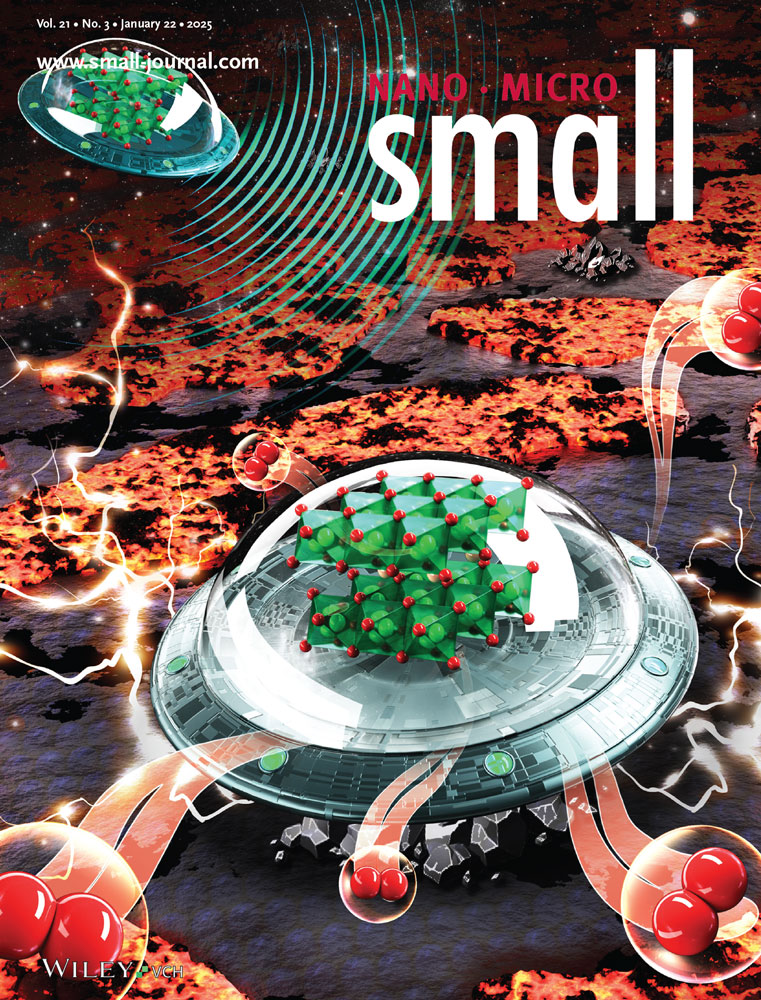Engineering Nano-Pills to Inhibit Ovarian Cancer Proliferation and Migration through a Combination of Chemical/Nucleic Acid Therapy
Abstract
Ovarian cancer (OC) is the most fatal of all gynecological malignancies, presenting a significant threat to women's health. Its treatment is complicated by severe dose-dependent chemotherapy toxicity, drug resistance, and tumor migration. Herein, an intelligent combination strategy of chemotherapy and nucleic acid therapy, named ApMEmiR&D is developed. This integrated system consists of three parts: the nano-pill, the protective membrane, and the navigation element. Nano-pills are nanospheres assembled from miRNA and doxorubicin (DOX) with the help of ferrous ions (Fe2+). The protective membrane is derived from tumor-associated macrophages (TAMs membrane) originating from the primary tumor microenvironment (TME). The navigation element is the cholesterol-conjugated AS1411 aptamer. The resulting ApMEmiR&D nanoparticles exhibit uniform size, a well-defined nanosphere structure, robust serum stability, and ultra-high drug loading efficiency and capacity. The system can efficiently accumulate in the tumor, allowing for the synergistic inhibition of tumor growth and metastasis without apparent systemic toxicity. The results demonstrate the homing effect of tumor microenvironment-derived macrophage cell membrane and the targeting effect of aptamer, leading to precise drug targeting and immune compatibility, thereby enhancing therapeutic efficacy. The success of this strategy paves the way for metastasis inhibition and targeted cancer therapy.
Conflict of Interest
The authors declare no conflict of interest.
Open Research
Data Availability Statement
The data that support the findings of this study are available from the corresponding author upon reasonable request.




